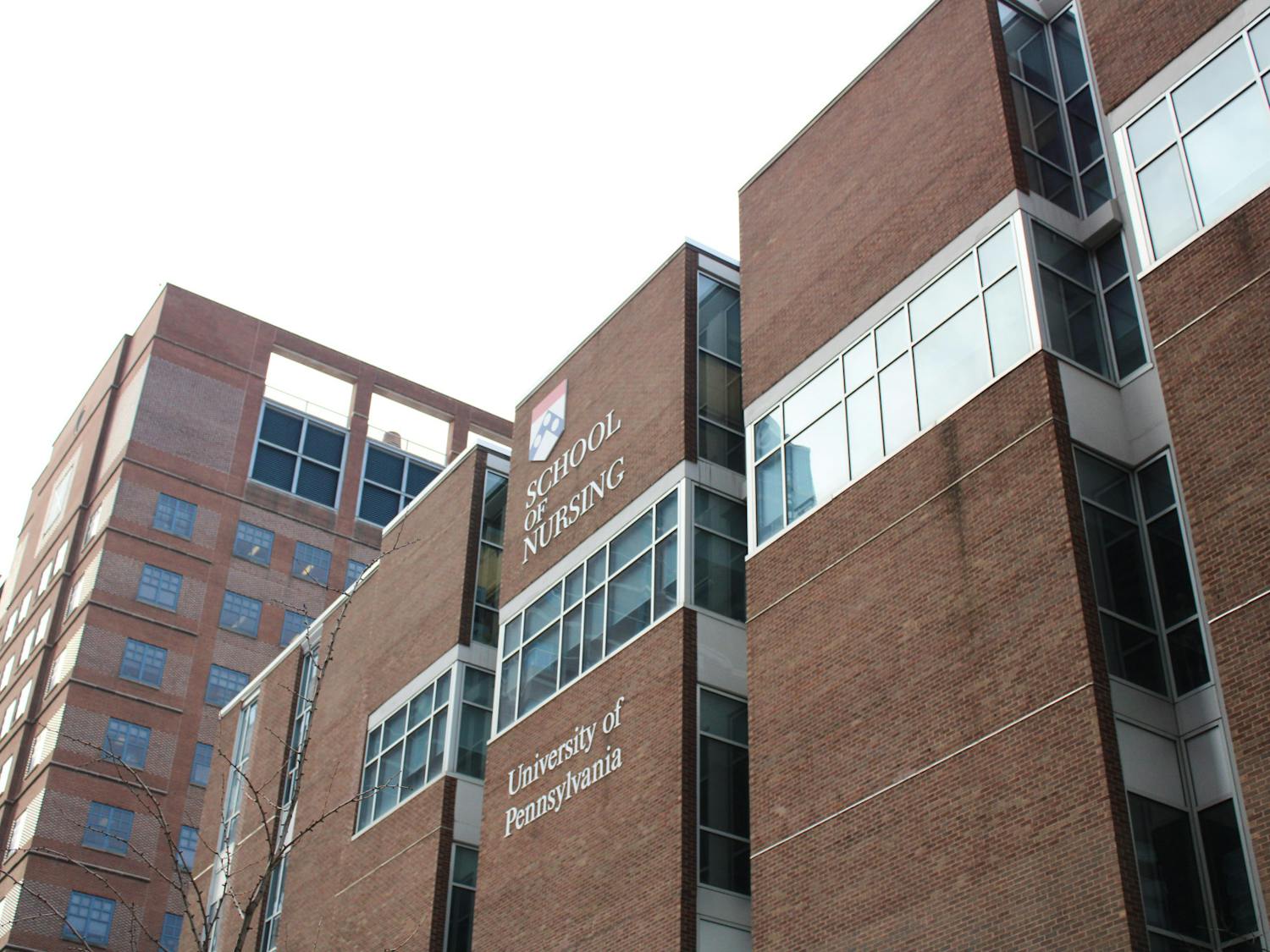A massive decrease in scholarly job opportunities — especially those in language and literature — has brought the challenges doctoral candidates in these areas face into the national spotlight.
In December, The New York Times published an article warning students to consider the instability of the humanities market. Penn graduate students are also feeling this pressure, but most are not changing their education plans as a result.
The Times suggests that most English graduate students are unaware of the job-finding difficulties. “What I often hear from grad students is, ‘I had no clue it was this bad,’” Rosemary Feal, executive director of the Modern Language Association, told the Times.
But students in the Penn English Department’s graduate program are quite aware of the growing challenges of finding a job in today’s scholarly fields.
“I am really worried about it,” fourth-year graduate student Sarah Dowling admitted, in reference to finding a job.
Dowling, originally from Canada, hopes to eventually find a teaching job there.
Greta LaFleur, a fifth-year student in the English Department, has a similar outlook.
“We’re all here because we want to be professors,” she said.
“The likelihood, though, is that we’re not going to get exactly what we want in terms of the type of job we’re looking for,” she added.
Because faculty positions in these areas are so hard to find, Penn’s career advisors take extra steps to help these students succeed.
English Associate Professor and Placement Officer Zachary Lesser said he and his colleagues are constantly advising students,
helping students hone applications and encouraging them to publish their work.
“Our main goal is to give our students a scholarly profile,” he said.
To stand out, students must be known from publications and participation at conferences, according to Lesser.
Students are keeping these factors in mind, but most are not altering their education based on job availability.
With the market constantly changing, “different fields come in and out of fashion at different times,” Lesser said.
“At different moments, there seem to be more jobs in one field and fewer in another. It’s difficult to predict because it’s such a long process,” he added. Most English students are in graduate school for six to seven years.
LaFleur said Penn students often feel the same way.
“Your subfield is what you’re passionate about,” she said. “I don’t know anyone who doctored their interests based on getting a job.”








